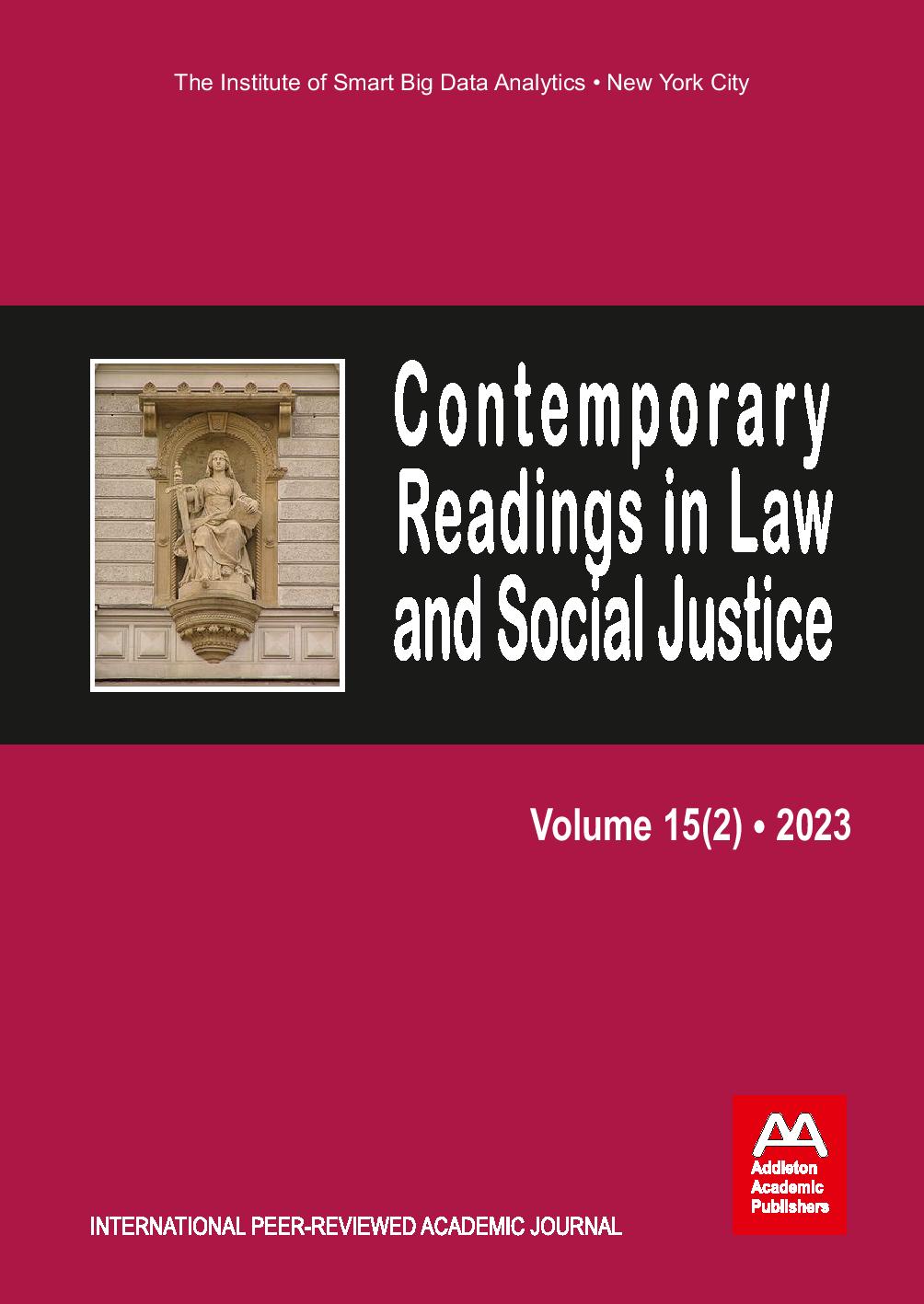Productivity Software Tools, Wearable Augmented Reality Devices, and Generative Artificial Intelligence and Immersive Remote Collaboration Systems in Virtually Simulated Workspace Environments
Productivity Software Tools, Wearable Augmented Reality Devices, and Generative Artificial Intelligence and Immersive Remote Collaboration Systems in Virtually Simulated Workspace Environments
Author(s): Tomas Frajt, Katarina Frajtova Michalikova, Raluca-Stefania BalicaSubject(s): Labor relations, Social development, Human Resources in Economy, ICT Information and Communications Technologies
Published by: Addleton Academic Publishers
Keywords: productivity software tool; wearable augmented reality device; generative artificial intelligence; immersive remote collaboration system; virtually simulated workspace environment;
Summary/Abstract: This paper provides a systematic literature review of studies investigating generative artificial intelligence and immersive remote collaboration systems articulating governance decision-making processes, skilled labor attracting and training, and remote work collaboration. The analysis highlights that generative artificial intelligence and virtual reality immersive training tools can further business process performance, employee attraction and well-being, and extensive retraining programs in virtual work settings. Throughout May 2023, we performed a quantitative literature review of the Web of Science, Scopus, and ProQuest databases, with search terms including “virtually simulated workspace environments” + “productivity software tools,” “wearable augmented reality devices,” and “generative artificial intelligence and immersive remote collaboration systems.” As we inspected research published in 2023, only 172 articles satisfied the eligibility criteria, and 53 mainly empirical sources were selected. Data visualization tools: Dimensions (bibliometric mapping) and VOSviewer (layout algorithms). Reporting quality assessment tool: PRISMA. Methodological quality assessment tools include: AMSTAR, Distiller SR, MMAT, and ROBIS.
Journal: Contemporary Readings in Law and Social Justice
- Issue Year: 15/2023
- Issue No: 2
- Page Range: 179-197
- Page Count: 19
- Language: English
- Content File-PDF

